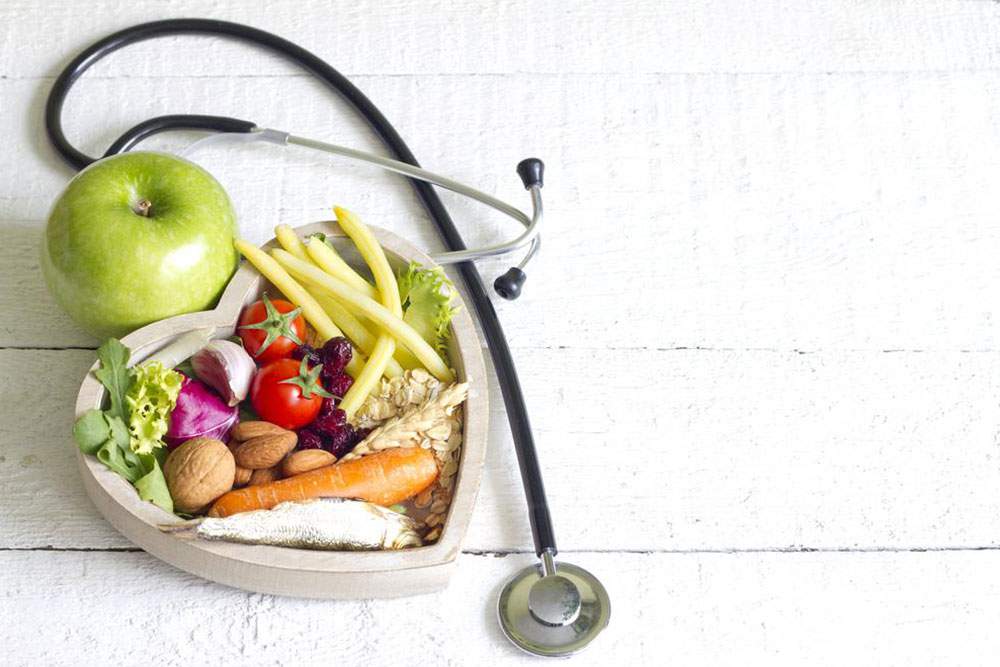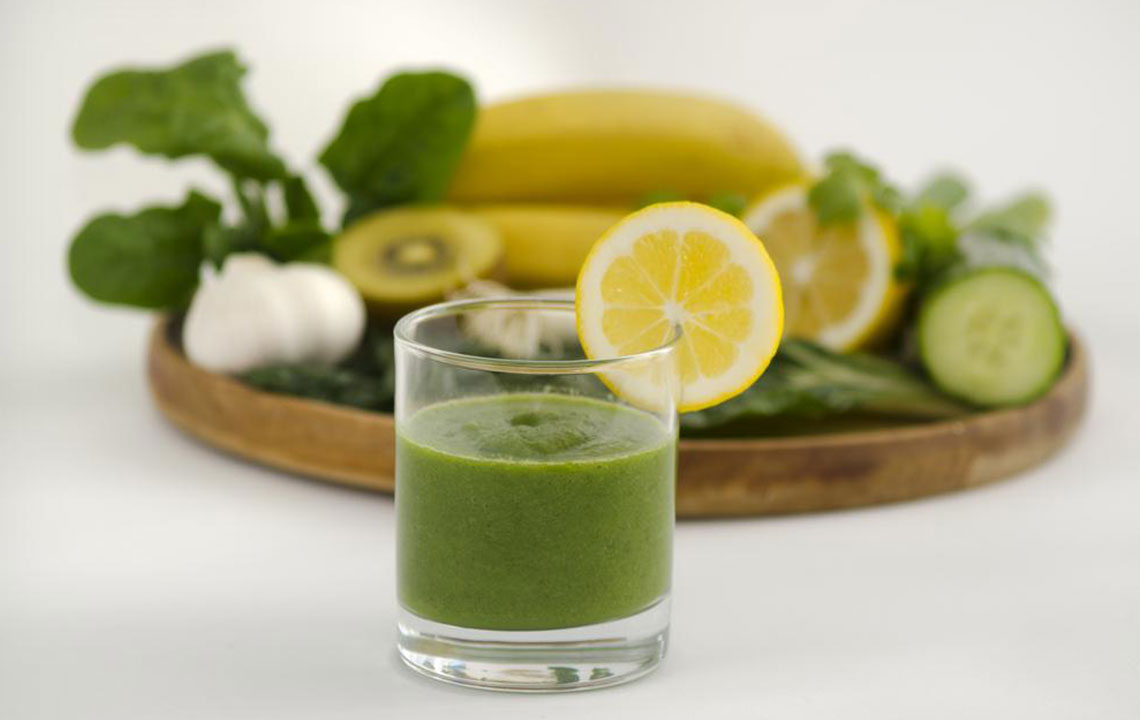Comprehensive Guide: 8 Nutritious Foods to Naturally Manage Diabetes
Discover a detailed guide on eight nutritious foods that naturally assist in controlling diabetes. From nuts to leafy greens, learn how these foods aid blood sugar regulation, support heart health, and fit into a diabetic-friendly diet. This comprehensive article offers insights into meal planning and nutritional strategies that can enhance overall well-being for individuals managing diabetes effectively. Consult with healthcare professionals to personalize your dietary approach for optimal results and sustainable health improvements.

Comprehensive Guide: 8 Nutritious Foods to Naturally Manage Diabetes
Managing diabetes effectively often involves careful dietary choices alongside medication and lifestyle modifications. For many individuals living with this condition, navigating through dietary restrictions can be challenging, especially when it means giving up favorite foods. However, with the right understanding and planning, it is entirely possible to enjoy flavorful, nourishing meals that support blood sugar control while satisfying your palate. This comprehensive guide explores eight excellent foods known for their ability to help manage blood glucose levels naturally, ultimately promoting better health and quality of life.
Discover how incorporating these eight nutritious foods into your daily diet can significantly aid in blood sugar regulation. From tasty nuts to nutrient-packed vegetables, each food offers unique benefits that help stabilize blood glucose, support cardiovascular health, and enhance overall well-being. Remember to consult with your healthcare provider or a registered dietitian before making significant dietary changes to ensure these foods fit well into your personalized diabetes management plan.
Here are the top eight foods that can naturally assist in controlling diabetes:
Nuts: Walnuts, almonds, pecans, and pistachios are excellent sources of healthy fats, fiber, and plant-based proteins. Their low carbohydrate content makes them ideal for stabilizing blood sugar levels and protecting heart health. Regular nut consumption can also mitigate inflammation and improve lipid profiles, reducing the risk of cardiovascular complications common in diabetics.
Oatmeal: Made from whole grains, oatmeal is rich in beta-glucans, a type of soluble fiber known to slow digestion and prevent rapid blood sugar spikes. It enhances insulin sensitivity and helps reduce cholesterol and blood pressure, making it a heart-healthy breakfast option that supports diabetes management.
Legumes: Beans, lentils, and chickpeas are packed with dietary fiber and plant-based protein. Consuming legumes regularly can stabilize blood sugar, improve gut health, and lower the risk of complications like hypertension and cardiovascular disease. Their slow-digesting carbs make them a staple in a diabetic-friendly diet.
Quinoa: As a complete plant-based protein source, quinoa supplies all essential amino acids and is high in dietary fiber. Its low glycemic index helps slow down digestion and sugar absorption, preventing blood sugar surges. Quinoa can serve as a nutritious substitute for pasta or rice in various dishes.
Broccoli: This cruciferous vegetable is rich in sulforaphane, which supports blood sugar regulation and promotes vascular health. Low in calories and carbs, broccoli provides essential nutrients like vitamin C, iron, and antioxidants, making it a vital addition to a diabetic diet aimed at boosting immunity and reducing inflammation.
Dairy Products: Milk, yogurt, and cheese supply vital nutrients such as protein, calcium, and vitamin D. Moderate consumption of unsweetened, full-fat dairy can help control appetite and stabilize blood glucose. Be cautious of added sugars in flavored varieties to avoid unnecessary spikes in blood sugar levels.
Olive Oil: Rich in monounsaturated fats, olive oil enhances insulin sensitivity, aiding in better blood glucose management. It also possesses anti-inflammatory properties and facilitates the absorption of fat-soluble vitamins A and E, supporting overall health and cholesterol levels.
Spinach: This magnesium-rich leafy green improves insulin efficiency and promotes blood sugar regulation. Its low carbohydrate content combined with high nutrient density makes spinach an ideal ingredient in salads, smoothies, or sautéed dishes for individuals aiming for a balanced diabetic diet.
Incorporating these foods into your daily routine can make a remarkable difference in managing blood sugar levels naturally. Alongside a balanced diet, maintain regular physical activity, monitor your blood glucose, and stay hydrated to achieve optimal health outcomes. Remember, personalized advice from your healthcare provider or a registered dietitian is essential to tailor dietary choices to your specific needs, ensuring safe and effective diabetes management.





